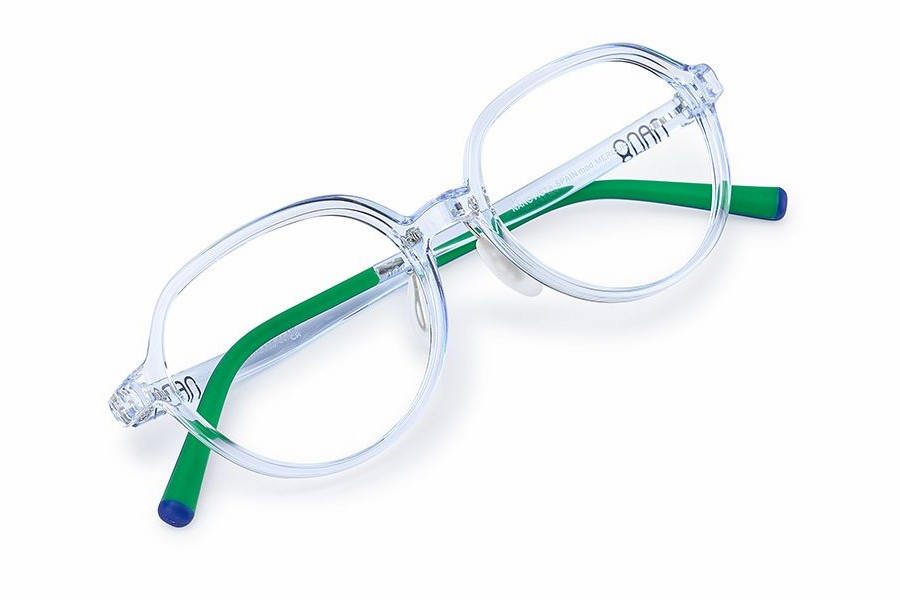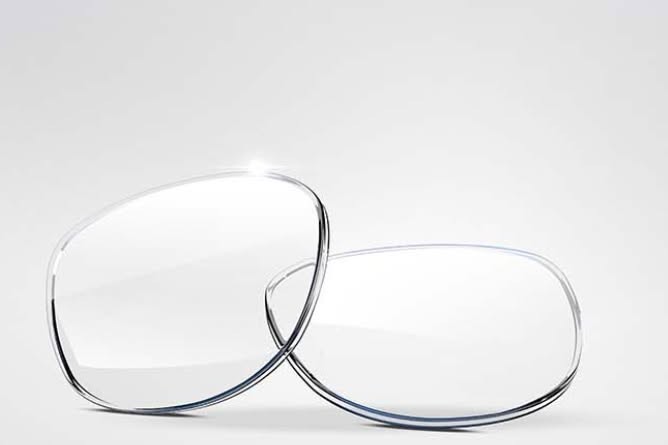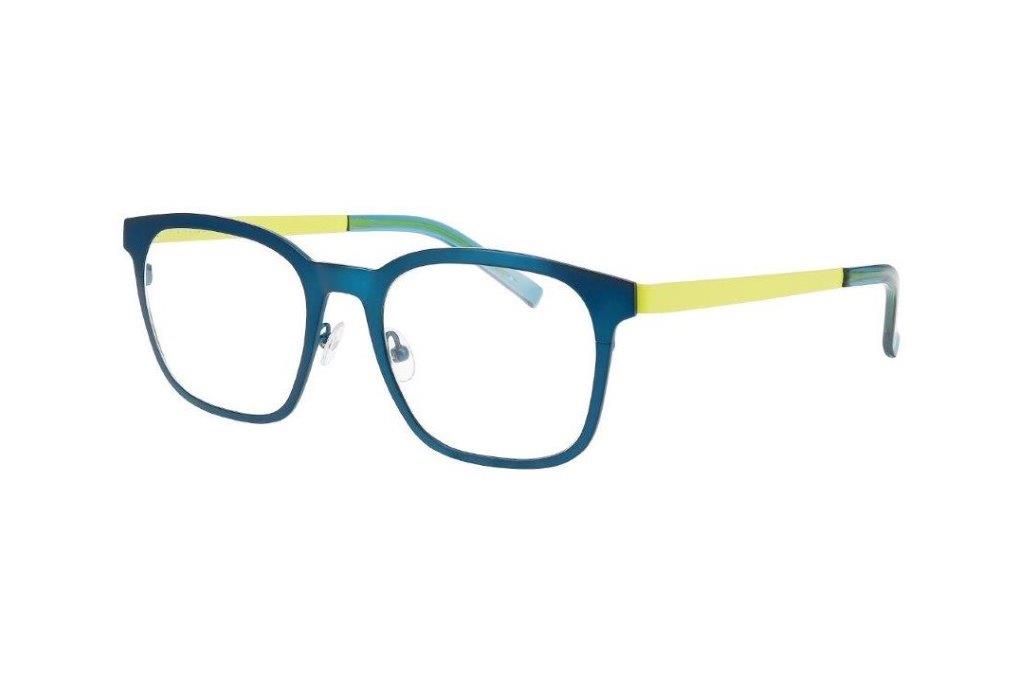Blue-light-filtering lens claims unsupported
Lenses marketed to filter blue light probably make no difference to digital eye strain or to sleep quality, according to a Cochrane review of 17 randomised controlled trials.
Nor did the review, led by Associate Professor Laura Downie from the University of Melbourne, find any evidence that blue-light filtering lenses protect the retina. “Our findings do not support the prescription of blue-light filtering lenses to the general population, and these results are relevant to a broad range of people, including eyecare professionals, patients, researchers and the broader community,” she said.
Research has shown these lenses are frequently prescribed to patients in many parts of the world, with marketing claims that they may reduce eye strain associated with digital device use, improve sleep quality and protect the retina from light-induced damage said A/Prof Downie. Of the 372 optometrists who responded to a 2018 Australian survey, 75% prescribed these lenses despite acknowledging limitations in the evidence to support their use.
The Cochrane Eyes and Vision team compared blue-light-filtering lenses with non-filtering lenses for improving visual performance, providing protection to the retina and improving sleep quality. Most of the studies the data were taken from were published after 2010, suggesting a growing research interest in blue-light filtering lenses over the past decade. The numbers of participants in individual studies ranged from five to 156, with the assessment duration ranging from less than one day to five weeks.
The quality and duration of the studies included needs to be considered, A/Prof Downie said. “We performed the review to Cochrane standards to ensure the findings are robust. However, our certainty in the reported findings is limited by the quality of the available evidence. The short follow-up period restricted our ability to consider potential longer-term outcomes.” The review did not find any consistent reports of adverse side effects from using blue-light filtering lenses.
For the full review, see https://www.cochranelibrary.com/cdsr/doi/10.1002/14651858.CD013244.pub2/full
























